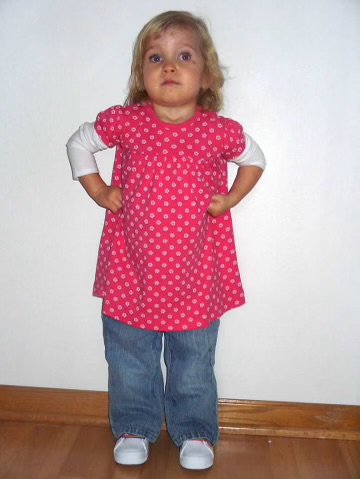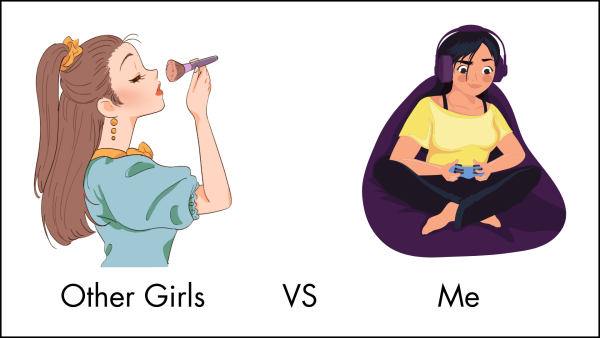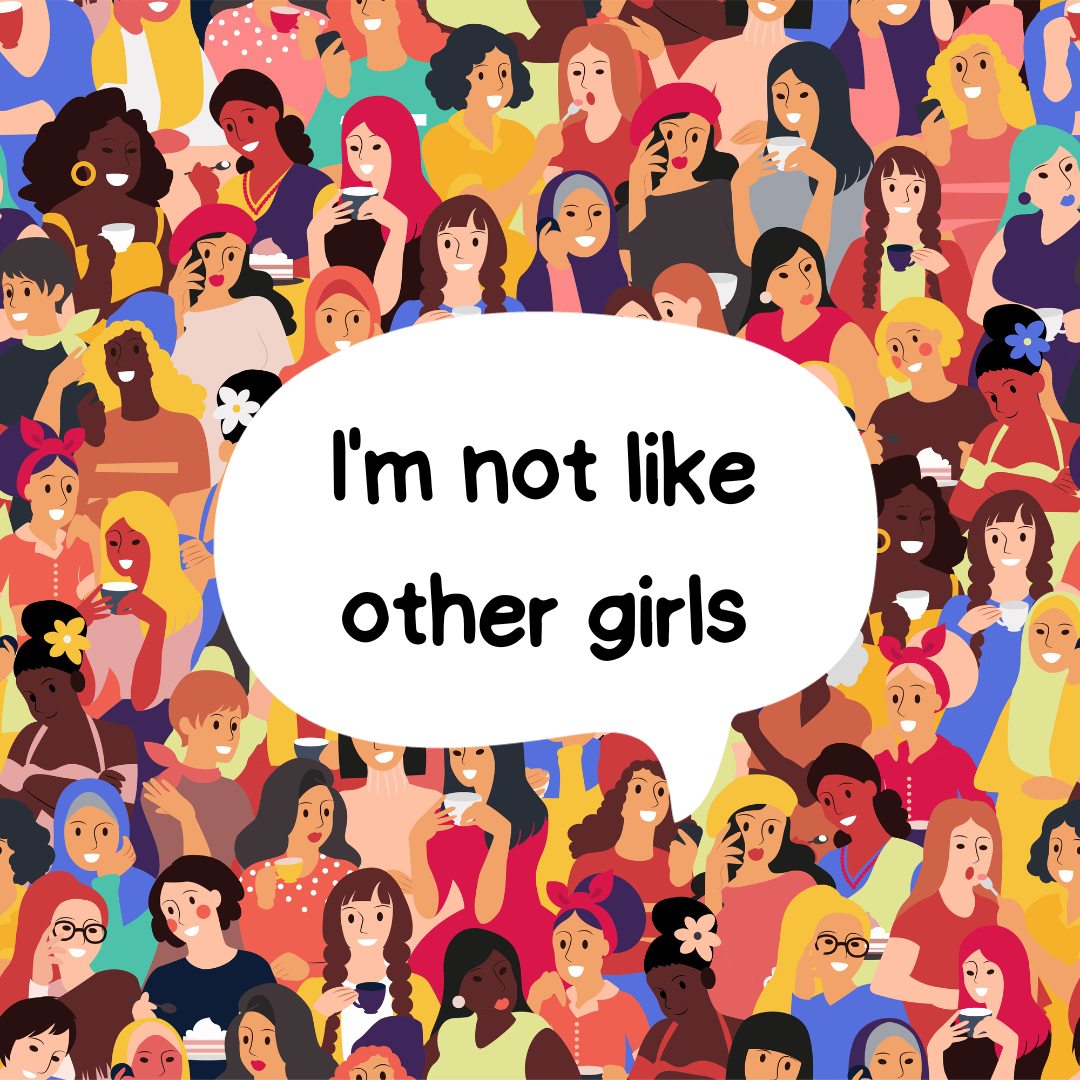When I was younger, I hated the color pink. I resented being called a “girly girl” and did everything I could to separate myself from that label. I took pride in the dirt under my fingernails and my t-shirts from the boy’s section of the store. Even as a little kid, I had subconsciously equated embracing my femininity with weakness and fragility. Being feminine meant being lesser.

As I got older, I realized that this was not a unique experience. All around me, girls were in constant competition to be the least stereotypically feminine, putting down other women in the process. It seemed like women could never win. Girls who embraced their femininity were dismissed as shallow and vapid. Girls who strayed from gender stereotypes were deemed attention-seeking “pick-me girls.” Why have girls been taught to hate traditionally girly things and those who like them?
From early childhood, girls are indirectly taught that femininity is inferior to masculinity. A study done by the National Science Foundation found that by age six girls are already perceiving themselves to be lesser than their male counterparts. In the study, children heard a story with a gender-neutral protagonist who was described as “really, really smart.” The study then asked the children to identify the protagonist, choosing between a photo of a girl and a boy. By age six, girls were less likely to identify members of their own gender as “really really smart.”
As girls grow up, these involuntary beliefs often manifest into internalized misogyny, a form of sexist behavior by women toward themselves and other women. The term “pick-me girl” was coined to describe a woman who holds these internally sexist beliefs. ‘Pick-me’ girls see other women as competition for male attention and develop a ‘Me vs. Them’ mindset. I’m sure many people have seen the social media posts along the lines of, “Other girls wear dresses and heels, but I always wear sweatpants!” These posts denounce traditionally feminine characteristics in order to stand out from other women with the ultimate goal of gaining male approval. Under the patriarchal structures of our society, women are socialized to seek validation from others, especially men. This leads to competition and division among women, intensifies feelings of internal misogyny, and the cycle repeats.

Hollywood has played a major role in perpetuating these harmful narratives. The trope of the hyperfeminine “mean girl” is overly prevalent in pop culture. Characters like Regina George in Mean Girls or Sharpay Evans in High School Musical are depicted as pink-loving, shallow, self-absorbed airheads in contrast to the relatable, quirky, tomboy protagonist. Additionally, in media centered around a strong female lead, it is often part of her character to reject her femininity, think Katniss Everdeen in The Hunger Games and Hermione Granger in Harry Potter. While these character tropes were not created to cause harm, they have had an impact on reinforcing internalized misogyny and affecting the way women perceive themselves. The messages that young girls receive from this media are especially damaging. They learn that in order to be seen as strong, smart and likable, they have to avoid being stereotypically feminine.
The problem was never with the color pink. The problem was that I felt I had to choose between being strong, smart, and independent or liking the color pink. Now I understand that I can embrace both. Women do not owe the world femininity, nor should they be shamed for expressing it. The human experience is multifaceted and complex; everyone deserves to feel empowered, celebrated and equal, regardless of how they express themselves.










